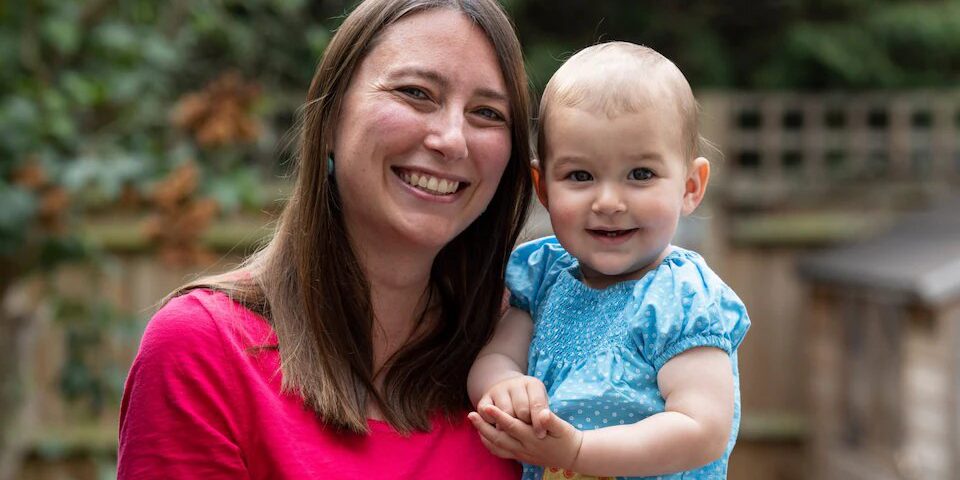The newest generation are having a different early childhood compared to others, which might well have a longer term effect on the rest of their lives, according to The Telegraph. One of the first things to note is that their interaction with members of the wider family and friends has been limited to on-screen experience or, at best, with someone behind a mask. As such, small children (4-5 year olds) need additional help with language due to lower exposure to normal experiences and being a part of conversations. This early part of childhood is vitally important as their brains double in size in their first year, but with the pandemic children have been starved of interaction with other young children and older generations. Inevitably this will have its effect on their development as it is critical to learn certain things at specific moments of life. But the situation has not all been negative, with working from home allowing many parents to spend high quality time with their small children. However, conversely, those who did not have this possibility both they and their children have lost out and this loss has hit those worse-off economically. Recent research by the Parent-Infant Foundation based on over 5,000 parents found that “almost seven in 10 felt their ability to cope with their pregnancy or baby had been impacted as a result of Covid-19”. Clearly the education system will need to take account of these deficiencies and come up with ways to enable children throughout their early schooling to learn some of these key skills.


